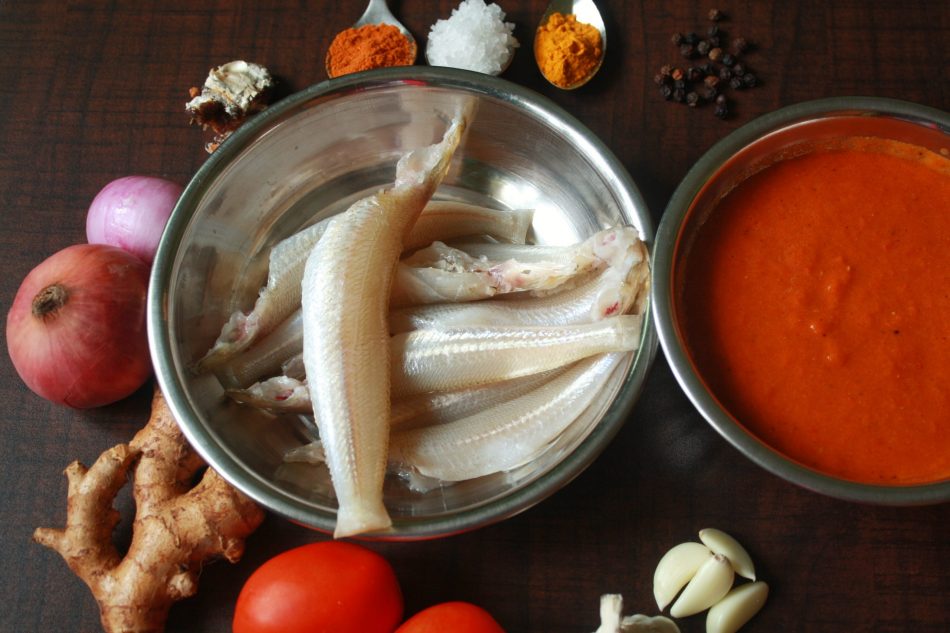Just like allergies keep coming back every year, The Optimist Daily comes back to write more on how you can handle them. There are a lot of tricks to getting ahead of your allergies or remedies for a stuffy nose, and you can even fight allergies as easily as settling in and cooking a good meal.
Alongside your other methods of allergy prevention and care, check out these doctor-approved foods to help you reduce your inflammation and your seasonal allergy aches and woes.
Ginger
This zingy spice is renowned for its antioxidants and anti-inflammatory phytochemical compounds. Much of our seasonal nasal irritation comes from inflammation which ginger has proven able to fight, even specifically for seasonal allergies.
Bee pollen
You’ve certainly heard of local honey helping you with your allergies. This is commonly thought to be because it helps your body’s resistance to the local allergens. Bees’ pollen is a big help because its enzymes, nectar, honey, flower pollen, and wax are proven curatives for allergies and hay fever.
Citrus fruits
Vitamin C is the first and last line of defense for most seasonal illnesses because of its proven boost to the immune system. Eating fruits and other foods that are high in Vitamin C, such as oranges and lemons, has proven to decrease allergy rhinitis, and allergy-related nasal issues.
Turmeric
This distinctly yellow spice goes great in soups and curries, and it is also well known to reduce inflammation. Curcumin is the main inflammation-reducing ingredient in turmeric, and its effectiveness is increased significantly when spicing a dish alongside black pepper.
Tomatoes
These unsung heroes are also full of Vitamin C, and they make almost every salad better. Tomatoes also contain lycopene, an antioxidant that reduces inflammation throughout your whole system.
Salmon and other fish
The fatty acids in salmon and other fish (which make for some fresh yet hardy springtime dishes) are associated with a decreased level of an allergic reaction, and they can even reduce airway construction during allergy season.
Onions
Onions are rich in quercetin, a natural antihistamine that reduces allergic symptoms. They’re also full of anti-inflammatory and antioxidant compounds. Maximize the amount of these beneficial compounds by eating onions fresh, in a salad or as a refreshing garnish on meat.
Broccoli
Broccoli already has an amazing health profile, and on top of that it has the natural antihistamine, quercetin in it to reduce allergy symptoms, such as watery eyes and itchy noses. Check out this article on how to cook broccoli and get the most out of your meal.












